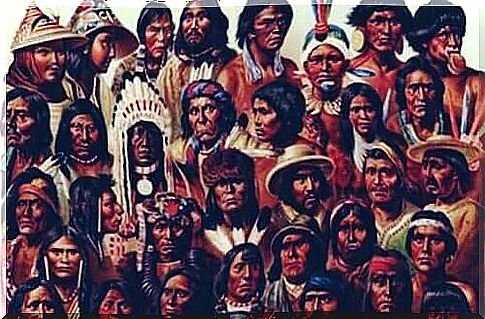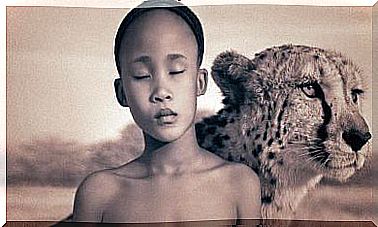Marvin Harris And Cultural Materialism

Marvin Harris was an innovator in his field, cultural anthropology. American researcher and university professor, he was the main exponent of the current called “cultural materialism”. It is a form of neo-Marxism, which interprets material conditions as a determining factor in the way of being present and future of peoples.
According to Harris, the material conditions of a society determine its socio-cultural thinking and customs. The material conditions include the methods and means of production, the forms of distribution, exchanges, etc.
The perspective and the theses of Marvin Harris are controversial, but they do not lack solidity for this. His approach to anthropology is political, as are most of the discussions it engenders. However, the importance of his contributions in the anthropological field is undoubted.
Life
Born on August 18, 1927 in New York, he died at the age of 74 on October 25, 2001 in Gainesville, Florida. A graduate of art school, he graduated in anthropology from Columbia University – where he then taught for 27 years – with a thesis on Brazilian communities.
A pupil of prominent figures such as Julian Steward and Alfred Kroeber, he was also influenced by Skinner’s theories.

Between 1950 and 1951 Harris conducted several researches in Brazil. In the following two years he worked as a researcher at the National Institute of Pedagogical Studies in Rio de Janeiro. He then moved to Mozambique for a field study within a Tonga community. This experience drastically changed his view of anthropology, turning him towards cultural materialism.
In 1960 he made further field studies in the Chimborazo region (Ecuador) and, between 1962 and 1965, in Bahia (Brazil). His last big adventure took place in India in 1976 with a study on the use of protein resources, under the auspices of the National Patient Safety Foundation.
The contributions of Marvin Harris
Harris was the founder and main representative of the current of cultural materialism in anthropology. Among the books translated into Italian we remember “Cannibals and King”, “Good to eat”, and “Our species”. He was an excellent popularizer of anthropological theories and thanks to them he gained worldwide fame.

According to his approach, anthropological research must focus primarily on the study of the material conditions of life of societies. Particularly interesting are his conclusions on war and food taboos.
For example, according to Harris, cows in India have become sacred for strictly productive reasons. In ancient times, cows were used to pull the plow and were therefore important for a society with an economy based on agriculture. This is why the consumption of cow’s meat was banned and animals became sacred. Beliefs and religion therefore derive from material facts.
Marvin Harris defended the idea that beliefs derive from material costs and benefits. The cultural reality of any society could therefore be explained by studying its material and developmental conditions.
Harris’s theories continue to be a source of debate and his books remain a milestone in the anthropological field.









